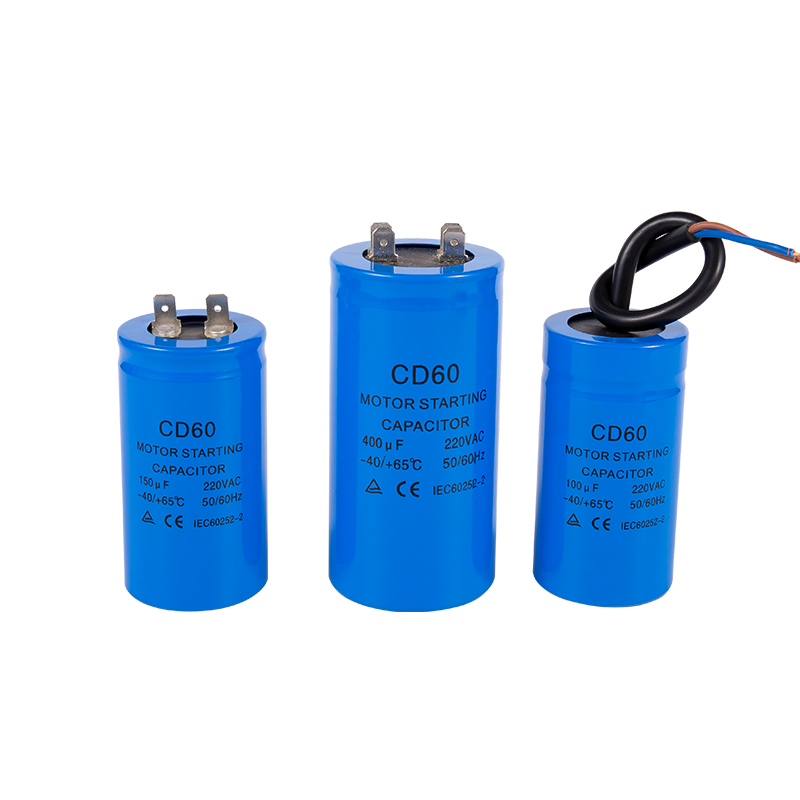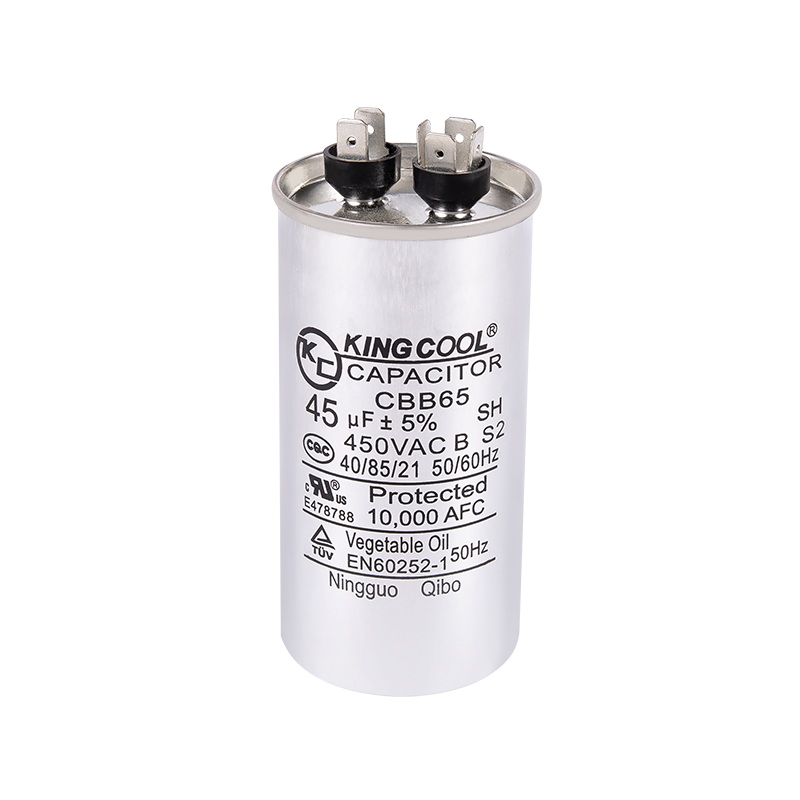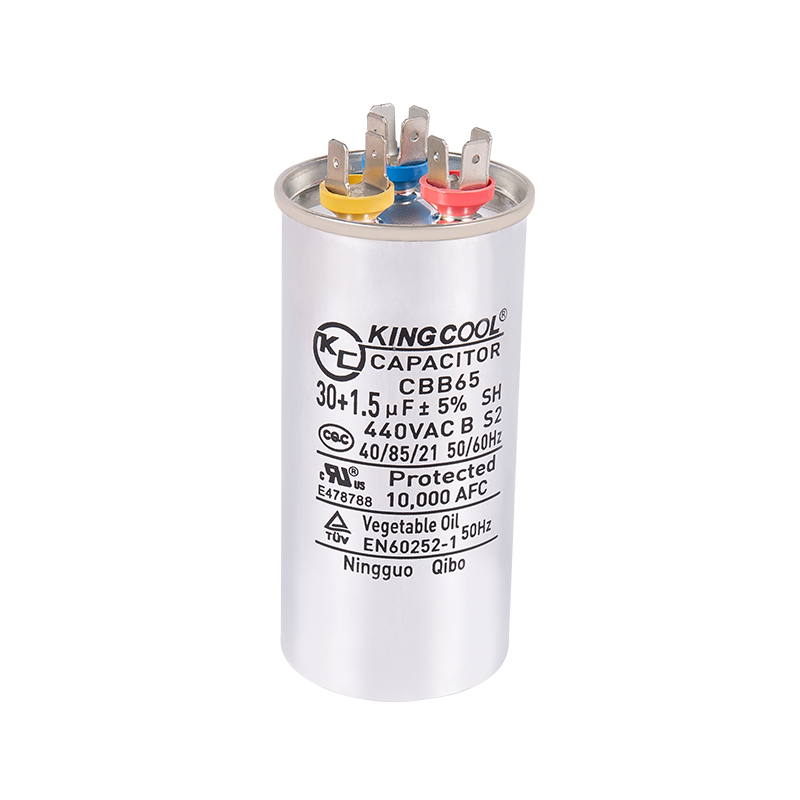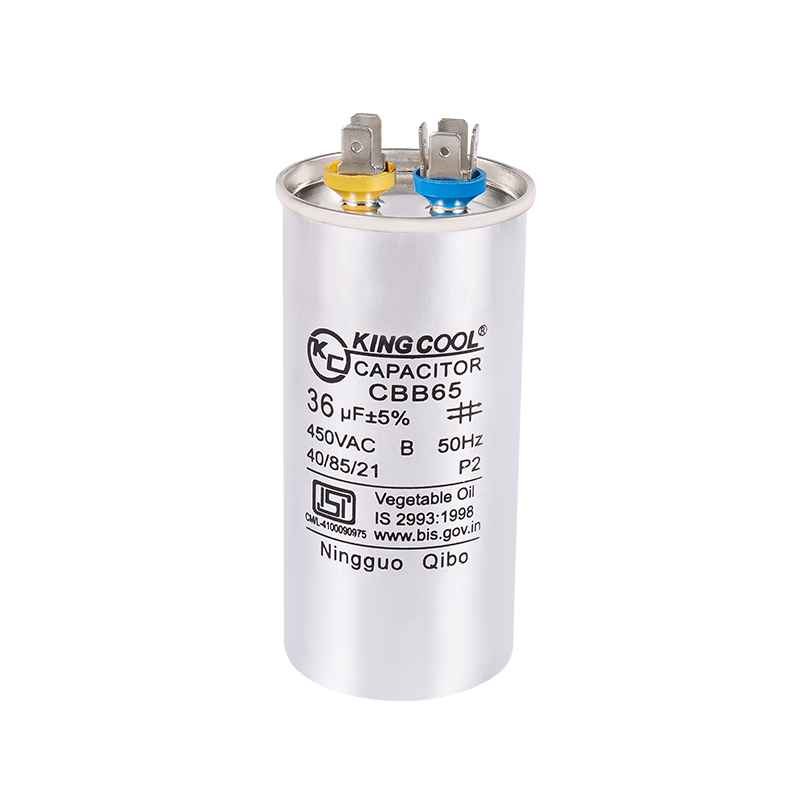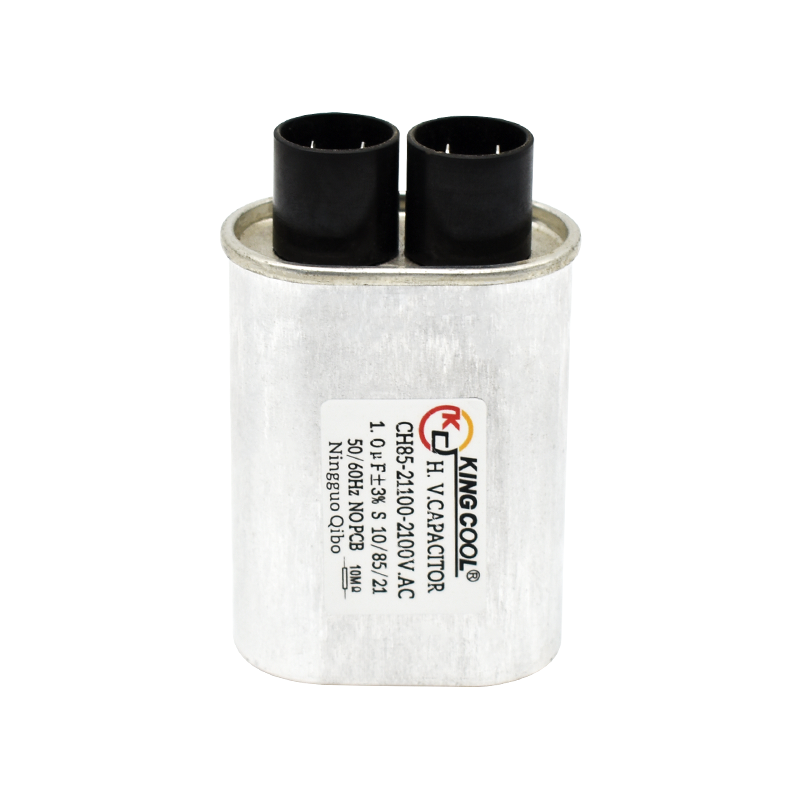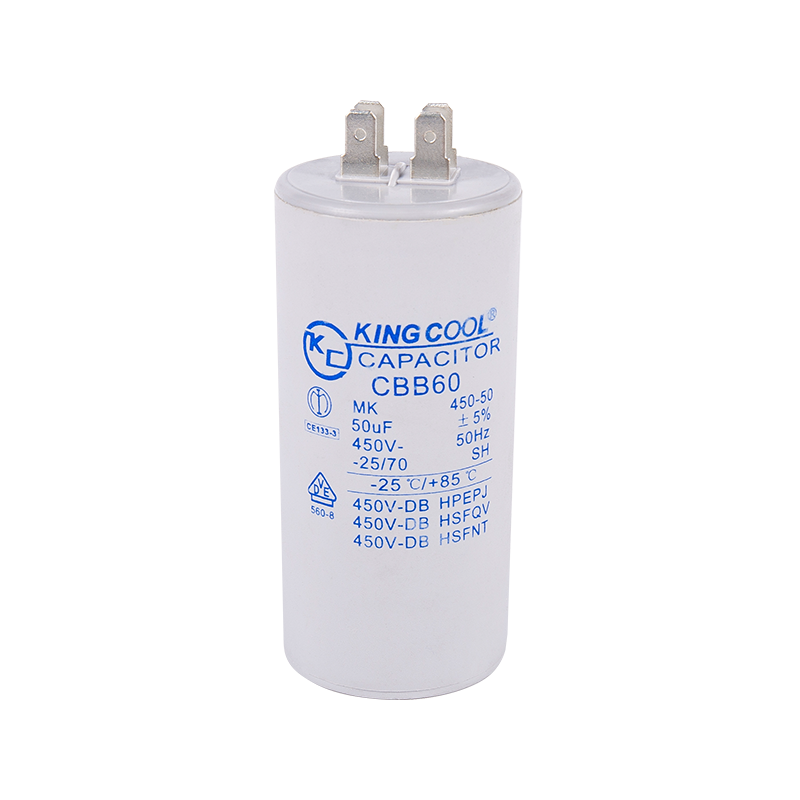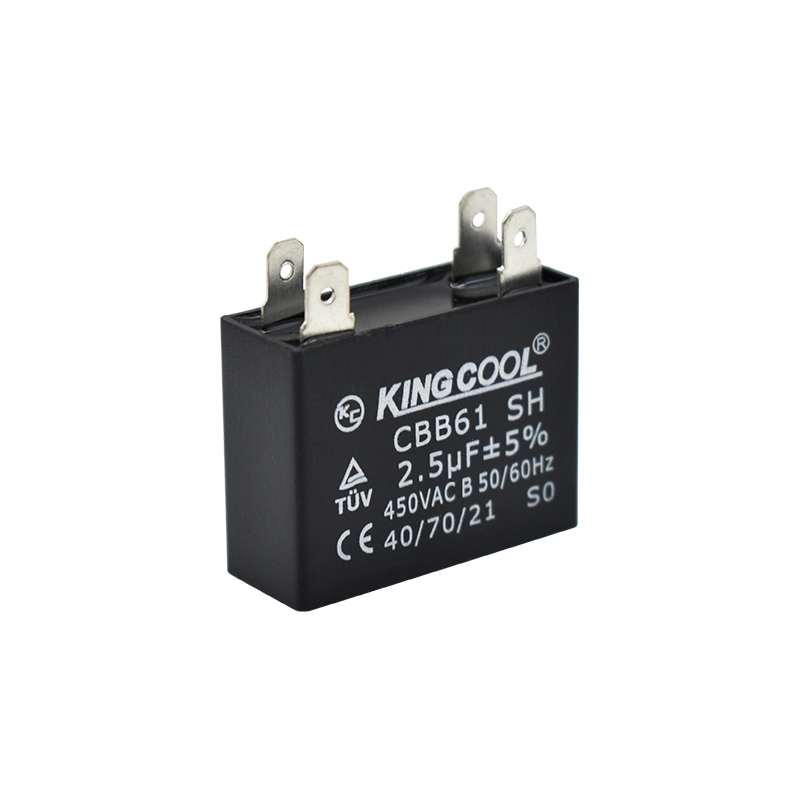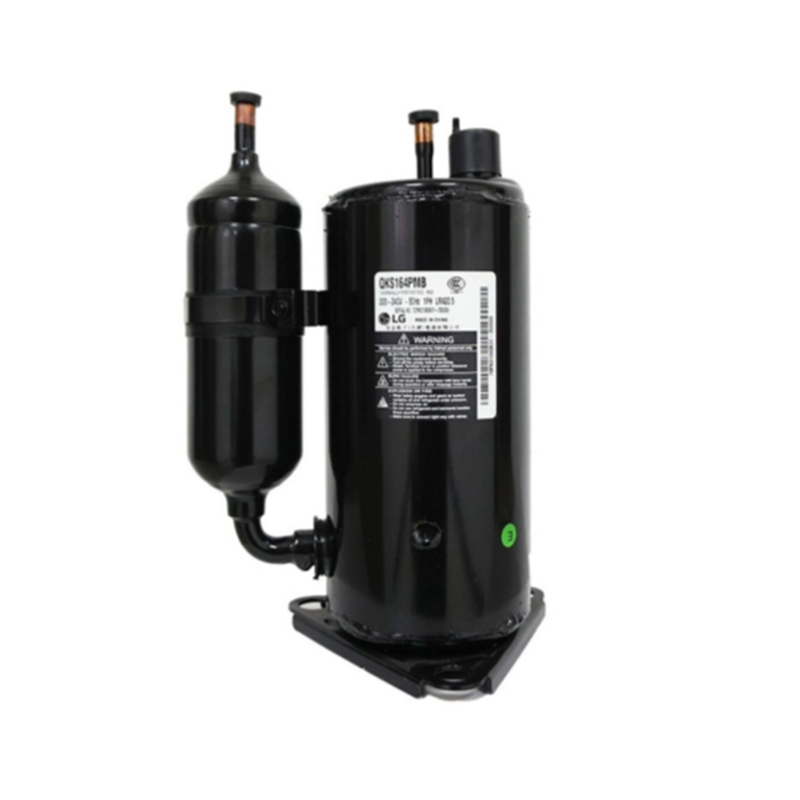- Home
- About Us
- Product
- Capacitor
- Air-Conditioner Parts
- Compressor
- Universal A/C Control System & Remote
- Temperature Controller
- Contactor & Transformer
- Relay & Overload & Delay Timer
- Indoor And Outdoor Air Conditioning Motor
- Defrost Timer
- Thermostat Guard
- Select Switch
- Fan Blade
- Air Conditioner Bracket
- A/C Flow Deflector & A/C Service Bag
- High Pressure Washer
- Charging Valve & Capillary & Wave Tube
- All A/C Brands Sensor
- Insulation tuber
- Refrigerator Parts
- Refrigeration Parts
- Axial Fan
- Microcomputer Temperature Control
- Voltage Protector
- Vacuum Pump & Refrigerant Recovery Unit & Scale
- Brass & Copper Fitting
- Installation Material
- PVC Air Curtain
- Condensate Drain Pump
- Refrigerant
- Copper Tube
- Filter Drier & Oil Separator For Refrigeration System
- Vibration Absorber
- Control Valve & Fitting & Component
- Manifold Gauge
- Thermometer
- Air Curtain
- Condenser Unit
- Condensing Unit
- AC Cooling Fan
- Refrigerant Leak Detector
- Latch & Hinge
- Washing Machine Parts
- Home Appliances Parts
- Instruments&Tools
- Resources
- News
- Contact Us
Web Menu
- Home
- About Us
- Product
- Capacitor
- Air-Conditioner Parts
- Compressor
- Universal A/C Control System & Remote
- Temperature Controller
- Contactor & Transformer
- Relay & Overload & Delay Timer
- Indoor And Outdoor Air Conditioning Motor
- Defrost Timer
- Thermostat Guard
- Select Switch
- Fan Blade
- Air Conditioner Bracket
- A/C Flow Deflector & A/C Service Bag
- High Pressure Washer
- Charging Valve & Capillary & Wave Tube
- All A/C Brands Sensor
- Insulation tuber
- Refrigerator Parts
- Refrigeration Parts
- Axial Fan
- Microcomputer Temperature Control
- Voltage Protector
- Vacuum Pump & Refrigerant Recovery Unit & Scale
- Brass & Copper Fitting
- Installation Material
- PVC Air Curtain
- Condensate Drain Pump
- Refrigerant
- Copper Tube
- Filter Drier & Oil Separator For Refrigeration System
- Vibration Absorber
- Control Valve & Fitting & Component
- Manifold Gauge
- Thermometer
- Air Curtain
- Condenser Unit
- Condensing Unit
- AC Cooling Fan
- Refrigerant Leak Detector
- Latch & Hinge
- Washing Machine Parts
- Home Appliances Parts
- Instruments&Tools
- Resources
- News
- Contact Us
Product Search
Exit Menu

AC Capacitor: Essential Guide to Sizing, Symptoms, and Types
Posted by Admin | 05 Jun
Air conditioner (AC) capacitors are crucial components in HVAC systems, helping motors start and run efficiently. A faulty capacitor can lead to poor cooling performance or complete system failure. This guide covers AC capacitor sizing charts, common failure symptoms, and different types of capacitors used in HVAC systems.
AC Capacitor Size Chart – How to Choose the Right One
Selecting the correct capacitor size is vital for your AC's performance. Capacitors are measured in microfarads (µF), and using the wrong size can damage the motor.
Common AC Capacitor Sizes:
Single-Run Capacitors: 5 µF to 70 µF (commonly used for fans and compressors)
Dual-Run Capacitors: 30+5 µF, 40+5 µF, 50+5 µF (combines fan and compressor functions)
Always check your AC's manual or the existing capacitor's label for the correct rating. A mismatched capacitor can cause overheating or motor failure.
AC Capacitor Not Working Symptoms – How to Spot a Bad Capacitor
A failing capacitor can disrupt your AC's operation. Here are the most common signs:
1. AC Won't Start or Struggles to Turn On
A weak or dead capacitor can't provide the necessary jolt to start the motor.
2. Humming Noise from the Unit
The motor tries to start but fails due to insufficient power from the capacitor.
3. Intermittent Cooling or Frequent Shutdowns
A failing capacitor causes inconsistent performance, leading to short cycling.
4. Bulging or Leaking Capacitor
Physical damage, such as a swollen top or oil leakage, indicates failure.
If you notice these symptoms, testing or replacing the capacitor may be necessary.
AC Capacitor Types and Uses – Which One Do You Need?
AC systems use different capacitors, each serving a specific function:
1. Start Capacitors
Purpose: Provides a high-voltage boost to start the motor.
Common Use: Found in compressors and hard-starting motors.
Lifespan: Short-duty cycle; disengages once the motor runs.
2. Run Capacitors
Purpose: Maintains consistent voltage to keep the motor running smoothly.
Common Use: Used in fans and compressors for continuous operation.
Lifespan: Longer-lasting than start capacitors.
3. Dual-Run Capacitors
Purpose: Combines the fan and compressor capacitor into one unit.
Common Use: Found in central air conditioning systems.
Lifespan: Durable but can wear out over time.
Understanding these types helps in diagnosing issues and choosing the right replacement.
AC capacitors play a key role in HVAC efficiency. Knowing the correct size, recognizing failure symptoms, and understanding different capacitor types can save you from costly repairs. If your AC shows signs of capacitor failure, consider professional testing or replacement to restore optimal performance.
Efficient charging, stable output, capacitor, thefirst choice for electric drive.
- Address: North of Funing Rd., Helixi Economic and Technology Development Zone, Ningguo, Anhui, China
- Phone/WhatsApp: +86-18110862602
- Email: [email protected]
If you have anything to consult, you canfollow us, we will contact you as soon aspossible
Copyright © Ningguo Kingcool Import and Export Co., Ltd All Rights Reserved. Custom HVAC Parts & Accessories Suppliers









